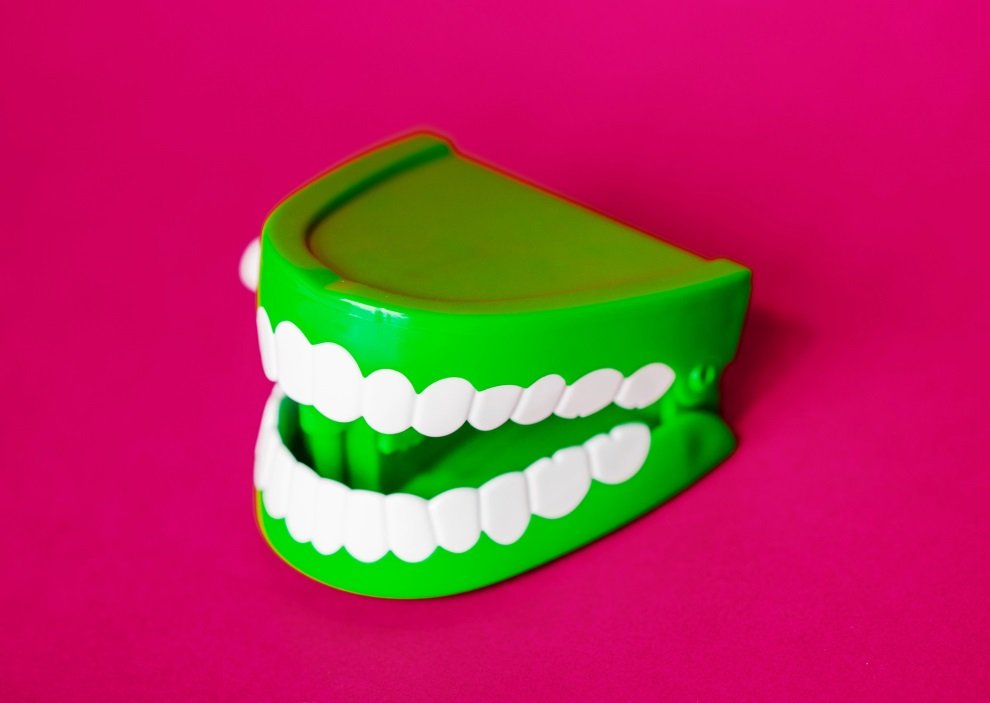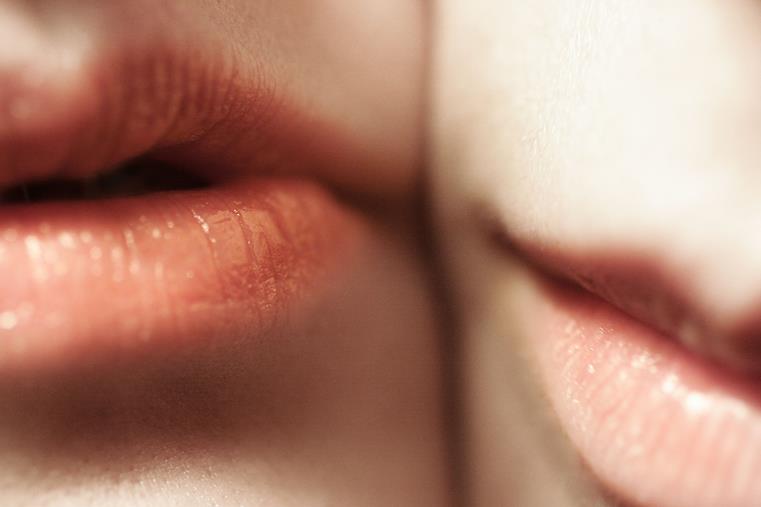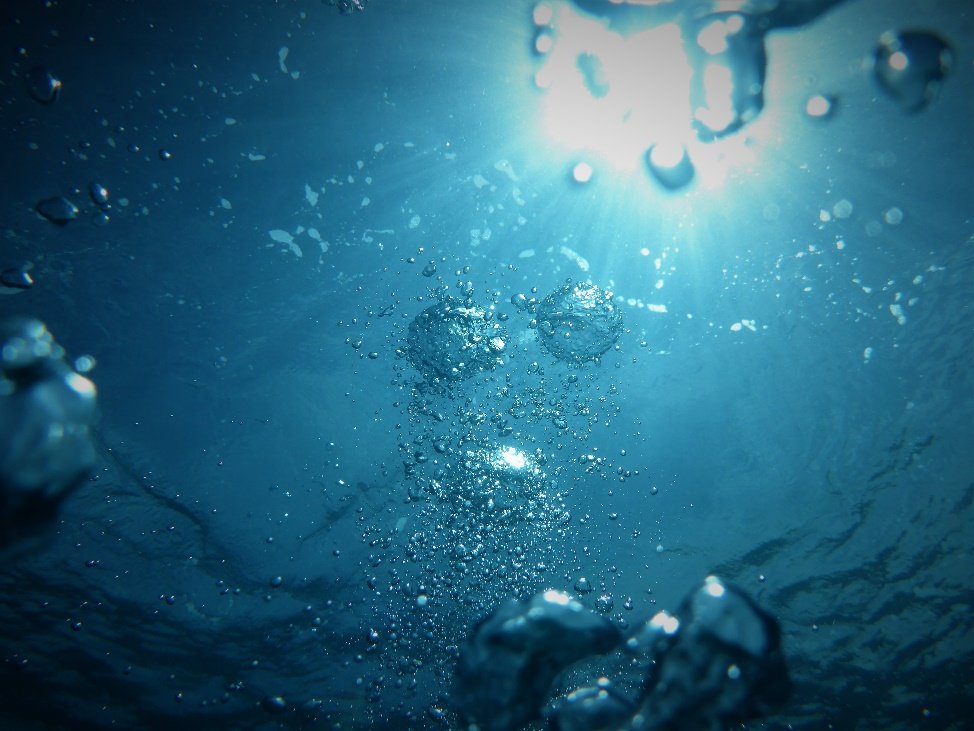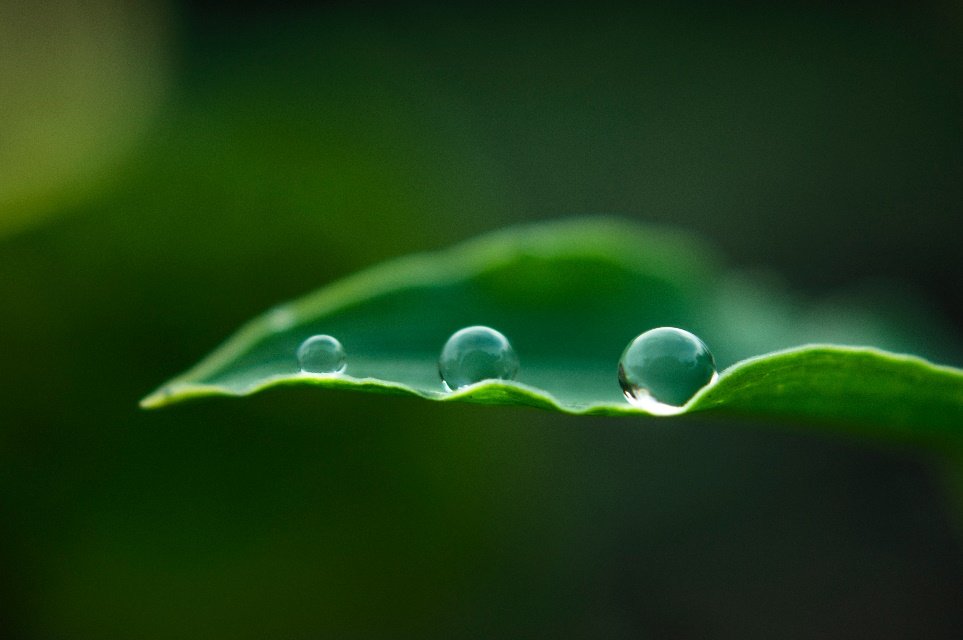
by Fern Shaw | Nov 13, 2018 | water cooler
If we look at the dental health stats in the UK it hasn’t been the prettiest of pictures sadly.
For decades debate has raged about what does or doesn’t constitute good dental health.
The good news though, is that since 1968 adults being ‘edentate’ (meaning they had no teeth of their own) has reduced from 37% to a mere 1% in 1998.
The one incontrovertible fact is that if you maintain good drinking water habits, it promotes sound dental health significantly.
Simple ways where water helps you to keep healthy strong teeth:
- Sometimes brushing teeth isn’t enough to dislodge food particles stuck between teeth (after meals and before you get home to brush your teeth). If you take a swig from your water bottle (in your re-usable water bottle that you have on you at all times, of course) and give your mouth a bit of a rinse, this can aid in removing food particles.
- According to reports drinking a glass of water first thing in the morning can help reduce morning breath.
- There’s no sugar in water (yes, we know, a tad obvious, but sometimes the obvious needs to be said!) so if you’re drinking water instead of sugary drinks, you’re actually reducing your chances of gum disease and tooth decay.
- If you don’t carry dental floss or a toothbrush around with you (and I’m sure many of us don’t, especially at work), you can always give your mouth a quick refresh by substituting your toothbrush with a finger and rinsing your brushing with water, although we suggest that you don’t perform this ‘refresh’ at your water cooler.
Obviously there’s a lot more than drinking water that’s needed to improve your teeth and gum health, but it’s both a simple and helpful start.
Cheers! Here’s to your good dental health!

by Fern Shaw | Nov 8, 2018 | water cooler
Our kidneys carry a very weighty responsibility in our bodies – as organs, they are one of the biggest multi-taskers we have – they are responsible for a myriad of functions – primarily these (among others) are:
- To remove waste and extra fluid;
- Control blood pressure;
- Make red blood cells;
- Keep bones healthy (Vitamin D production) and;
- To control pH levels.
As our kidneys are made up of 79% water it becomes more apparent of how crucial they are to keeping our systems running smoothly.
To elaborate: Water helps the kidneys remove wastes from your blood in the form of urine. Water also helps keep your blood vessels open so that blood can travel freely to your kidneys, and deliver essential nutrients to them. But if you become dehydrated, then it is more difficult for this delivery system to work. Mild dehydration can make you feel tired, and can impair normal bodily functions. Severe dehydration can lead to kidney damage, so it is important to drink enough when you work or exercise very hard.
What may not be that apparent though is experiencing pain in the kidneys is often mistaken for back pain, which can be why we may not always realise that our kidneys are water deficient and are unable to function at optimal level.
That’s why it’s important to maintain good drinking water habits as this often is the simplest method towards ensuring good kidney health.
Due to the complex nature of our body’s kidneys function, it’s always good to monitor your water consumption and to rather be ‘water wise’.
One of the first indications you may be dehydrated can be quite easily seen in the colour of your urine. If you’re sufficiently hydrated, your urine will be light yellow or close to colourless. The darker yellow your urine is, the more dehydrated you are.
Another reason to maintain sufficient water intake is this practise can help reduce the likelihood of both kidney stones and urinary tract infections (UTIs). Kidney stones form less easily when there is sufficient water available to prevent stone-forming crystals from sticking together. Water helps dissolve the antibiotics used to treat urinary tract infections, making them more effective. Drinking enough water also helps produce more urine, which helps to flush out infection-causing bacteria.
At AquAid we take the business of proper hydration seriously, from a number of perspectives:
We’re constantly working to ensure that our customers are supplied with the right water cooler for their requirements.
We also provide re-usable water bottles to schools to encourage healthy hydration habits among the children (and staff!)
We understand the importance of helping others gain access to safe drinking water: for 20 years now, AquAid have donated funds to charity. The charities we support implement sustainable water projects for people in need. To date, we have (thanks in large part to our customers) donated over £14 million and helped more than 2 million people gain access to safe drinking water.

by Fern Shaw | Nov 5, 2018 | water cooler
Remember remember the fifth of November
Gunpowder, treason and plot.
I see no reason why gunpowder, treason
Should ever be forgot …
and if you don’t recognise or remember this rhyme, I have to ask, where have you been for the – oh, last hundred years or so?
I’ve just come fresh from a night of Halloween trick or treating and am preparing myself for the 5th of November (today, that is). As a kid this was never a problem. The parents bought boxes of fireworks, family came round, night fell and fireworks were lit. The gorgeous night sky in the countryside where we lived lit up with sparkling brilliance in ice whites, yellows, greens, reds, blues and my favourite, purple. We didn’t build a bonfire or burn an effigy (perhaps we were a bit less bloodthirsty, not sure), but those evenings still hold some of my best memories.
If you are one of the ones that have no idea of what Guy Fawkes is about, let me draw your attention to Messrs. Wiki:
Guy Fawkes Night, also known as Guy Fawkes Day, Bonfire Night and Firework Night, is an annual commemoration observed on 5 November, primarily in Great Britain.
Its history begins with the events of 5 November 1605, when Guy Fawkes, a member of the Gunpowder Plot, was arrested while guarding explosives the plotters had placed beneath the House of Lords. Celebrating the fact that King James I had survived the attempt on his life, people lit bonfires around London, and months later the introduction of the Observance of 5th November Act enforced an annual public day of thanksgiving for the plot’s failure.
There is a lot more history to do with Guy Fawkes, pages of the stuff, but you have the bare bones of it for now.
What I have noticed over the years is that the day itself has morphed into something of a trial for many people and in many cases, understandably so. Apart from human beings seeming to sometimes have an in-built twit gene (setting off fireworks in an enclosed space; near flammable materials and nowhere near water and allowing children to light fireworks unmonitored), the effect that the explosions have on animals is pretty devastating and horrific + they don’t get to have a say in the matter.
So sadly I must say that although I’ve always really loved fireworks and would love to celebrate the day in style, this has been tempered over the years with a responsibility towards our four legged friends and I no longer buy or set off fireworks. This is, of course, a personal opinion.
The good news I suppose is that the lighting of bonfires and fireworks displays are more organised now, which means you have the opportunity to plan if you’re staying in to keep your pets calm and safe.
However you choose to observe (or ignore) this 5th of November, please keep yourself safe, keep some water handy (to drink and for dousing) and enjoy the illuminated night skies.
updated from a blog 5 Nov 2014

by Fern Shaw | Nov 2, 2018 | Water, water cooler
Our skin is one of our most precious organs and no wonder: it’s responsible for so many functions that literally keep us intact and functioning. It’s also susceptible to so many factors, both internal and external, which are potentially harmful.
Not only does our skin work as a barrier, protecting against water loss as well as physical and chemical injury, it also regulates our temperature by dilating and constricting our blood vessels near the skin surface, controlling the transfer of heat out of the body. It protects us from UV radiation by producing melanin; produces Vitamin D, which helps prevent many diseases including osteoporosis, cancer, heart disease, obesity and neurological diseases.
It makes good sense then, that we should protect our body’s largest organ (around 20 square feet) and treat it with the utmost care and respect.
This doesn’t always happen, sadly, and we can tend towards abusing it (albeit inadvertently).
The good news, though, is that one of the simplest methods of protecting our skin, increasing its resilience and keeping it healthy, plump and full of elasticity throughout our lives, is by drinking water (there’s no catch here, honestly).
Our skin consists of approximately 64% water, it therefore makes sense that water is essential to maintain the optimum skin moisture and deliver essential nutrients to the skin cells. Water replenishes the skin tissue and increases its elasticity.
Drinking enough water can also help combat dry and flaky skin and skin disorders like psoriasis and eczema. It also increases the metabolic rate and improves digestive system to flush out toxins from the body. This in turn gives you a healthy and glowing skin.
Whereas we all know that immersing ourselves in water, whether we’re bathing, showering or swimming, makes us feel wonderful, we need also water internally to promote good skin health.
That’s why it’s important to make sure that you head to the happy skin station that is your water cooler, wherever that may be – it could be at home, at the office or in your fitness centre – and start treating the water cooler like it’s your new best friend, which it could be, especially when you start seeing the results that come with drinking water regularly.

by Belinda Ollewagen | Nov 2, 2018 | Uncategorized, water cooler
It’s been said that the next great wars will be fought over water, and it’s easy to see why if we consider the life-giving properties of this unassuming clear fluid plus the fact that this natural resource seems to be dwindling in many parts of the world.
Water is the only substance that all living organisms need to survive – from the smallest amoeba to the largest mammal. We all need water, so much so that the lack of water will kill you much faster than the lack of food will – survival estimates seem to vary between three to four days and one week, depending on factors like heat and exercise etc. But what exactly makes water so essential?
Water is important because it makes up the majority of our body. According to the USGS the brain and heart are composed of 73% water; the lungs 83%; the skin contains 64% water; muscles and kidneys 79%; and even our bones are 31% water. Water is vital for transporting all the nutrients, minerals and vitamins our bodies need to function optimally every day. And even slight dehydration affects this performance, both mentally and physically.
Dehydration occurs when the body is not getting enough water, or it has lost too much water which isn’t being replaced fast enough. It’s dangerous for all human beings, no matter the age, circumstance or fitness level. Having said that, the biggest risk developmentally is amongst young children where the lack of sufficient drinking water can lead to stunted growth, reduced mental ability and poor physical performance. One study showed that when 59 children aged 7 to 9 years, were divided into two groups with the one group following their normal drinking habits; and the other group offered extra water, the latter group reported less thirst and performed better when visual attention tasks were carried out.
When one considers the dangers of dehydration it’s easy to see why a water cooler is such an essential component in nearly every kind of environment, whether it be schools, offices, hospitals or care centers to name but a few. Call AquaAid today for more on what water cooler would better suit your needs.

by Belinda Ollewagen | Nov 2, 2018 | water cooler
With the heatwaves and minimal rainfall experienced across the UK this year, UK government bodies and environmental groups have warned that unless we have heavy rainfall this winter, we may be facing water restrictions of some kind in 2019 – which is worrying to say the least. We know that when we open a tap or push the button on the water cooler, drinking water will flow, but we do need to be more mindful of how much water we can save in other areas of our lives by making a few small changes. Something as simple as choosing to shower instead of bath for example can make a big difference, saving half the amount of water.
LEAKS:
The best place to start is at home. Have all your taps checked to make sure there are no leaks or drips – if there are, get someone out to repair it as soon as possible. A dripping or leaking tap can lead to thousands of liters of water simply lost forever. Not to mention a leaking toilet, if your toilet has a leak, you could be wasting about 200 litres of water every day – that equates to flushing your toilet an additional 50 times for no reason.
MINDFUL:
Another simple way to save water is to not let the water run while you’re brushing your teeth. It’s amazing how many of us stand at the basin brushing our teeth, looking in the mirror, while water literally goes down the drain. Turn off the tap to save water. The same goes for when you’re busy in the kitchen – we often leave the tap running while we clean a cup or rinse our vegetables. Try instead, to keep a bowl filled with water in the kitchen sink and use that for rinsing dishes, and another bowl to rinse fruit or vegetables – that water can then be repurposed in the garden.
In short you can actively be more vigilant about the way you use water, and you should make sure that all your water sources are functioning optimally, which includes your water cooler – whether at home or at the office, having it regularly serviced ensures that it performs as it should. For all your water cooler needs, be sure to contact AquAid – they are the UK’s leading water cooler supplier, delivering exceptional service to over 33,000 customers nationwide.






